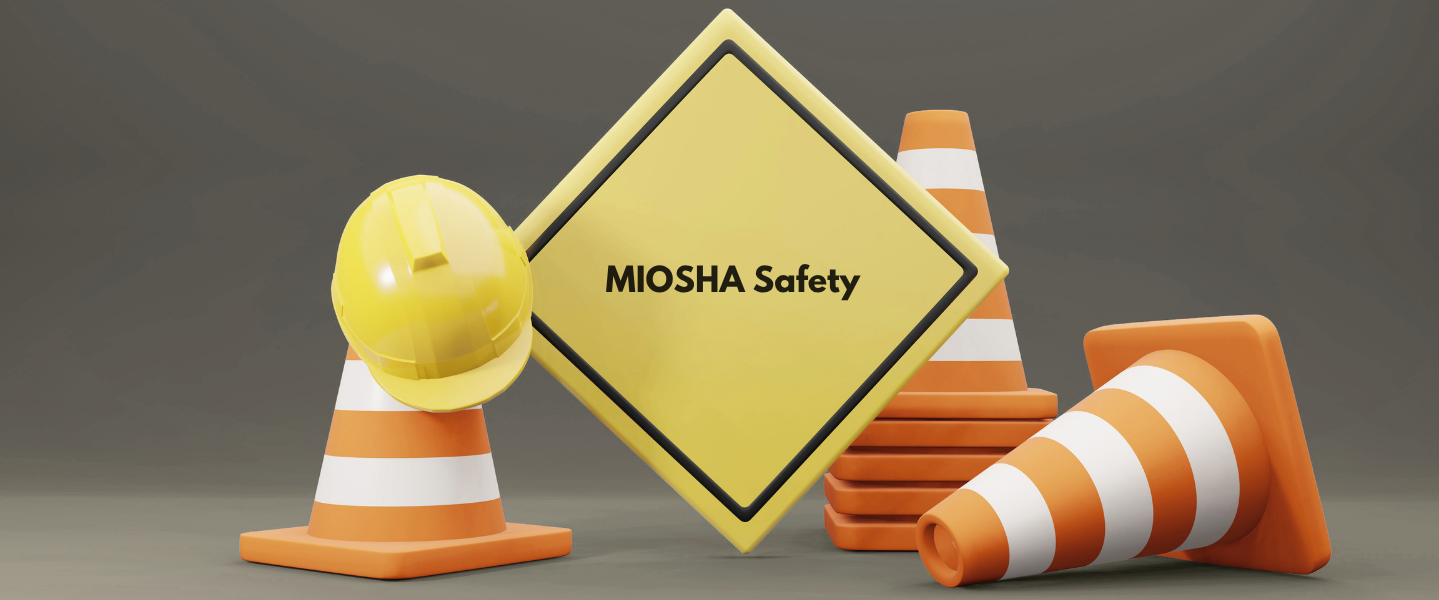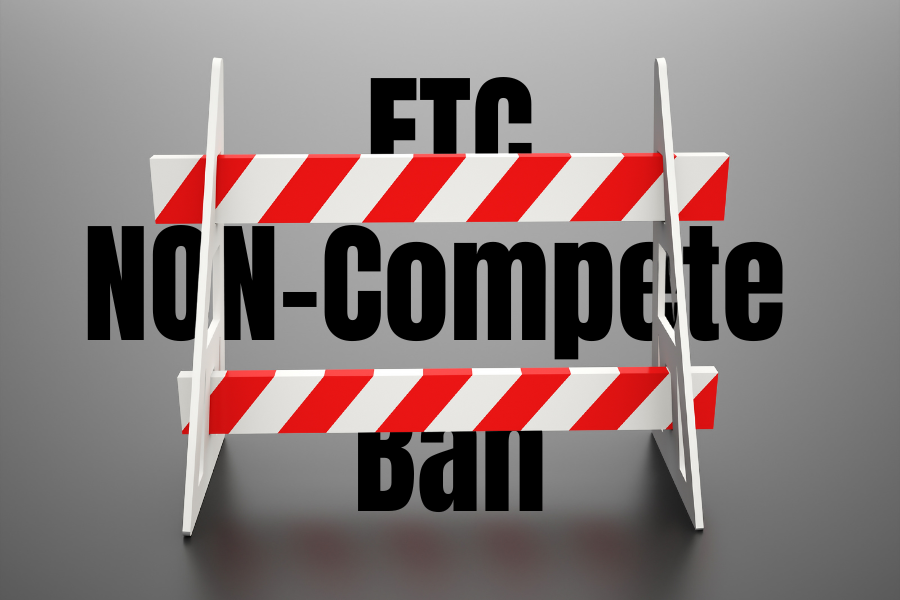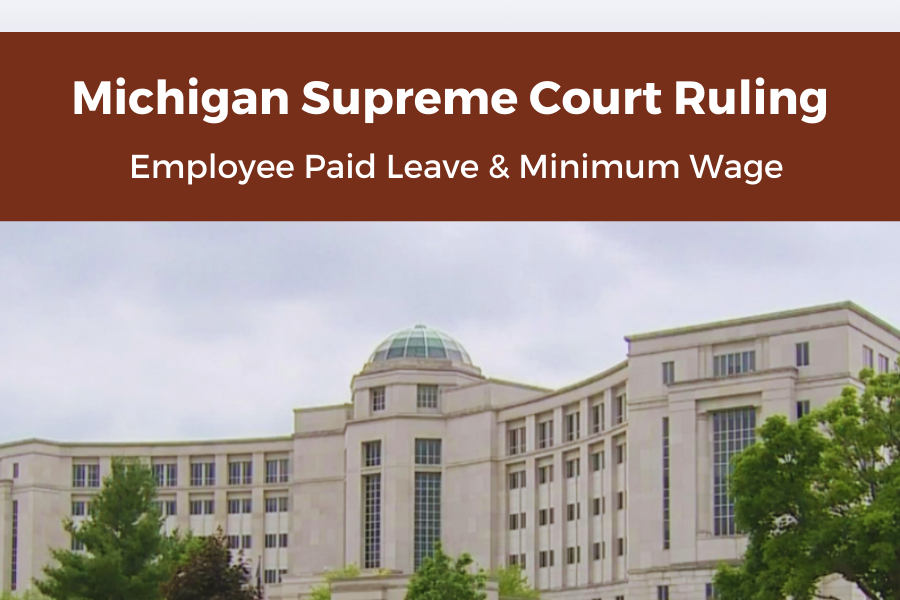How to win in the 'Price Escalation Game'

It is no secret that the price of construction materials and equipment is increasing faster than bids are accepted, contracts awarded and projects built. Much has been written and debated about price escalation clauses, Force Majeure and other legal positions, but what is needed are some practical solutions and tips for solving the problem. Rather than retread over legal concepts and common law, here are twelve suggestions on how to beat the price escalation dilemma:
- Without a doubt, to the extent possible, qualify your bid. Be careful doing so on public jobs bid directly to public owners.
- Consider splitting off highly volatile specialized material and equipment delivery to owner furnished material and equipment.
- If you have a high-risk delivery issue, consider splitting that off into a separate phase or contract.
- Acquire highly volatile materials and equipment early in the project and utilize onsite or offsite storage and expanded lay-down areas.
- Independently and repeatedly verify all links in the supply chain including the availability of trucking.
- Visit manufacturing, production and warehouse facilities to verify materials and equipment, and earmark that material by lot number, serial number, signage or other device.
- Use separate allowances for price escalation beyond the contractor’s control.
- Tie price escalation to known material indexes and give the owner the benefit of price reductions along with your entitlement to price increases.
- Set a floor and a cap on the amount of price escalation at risk within the contract and limit price increases to actual costs without mark-up or labor.
- Streamline the substitution process and risk shifting for the submittal of substitutions.
- Be very, very cautious about placing contractors or suppliers in default and even more cautious with terminations. You can, however, request adequate assurances of future performance under the Uniform Commercial Code from material and equipment manufacturers.
- Finally, and perhaps most importantly, be proactive. Monitor production and delivery of material and equipment. Trace it through the manufacturing process. Get weekly commitments at job meetings. Keep a log of all of those activities. Stay on top of it.
There are many other things you can do, but if you simply implement some or all of these suggestions, you may find yourself way ahead of the game.
Stephen A Hilger, of Hilger Hammond, PC in Grand Rapids, Michigan, has been involved with complex commercial litigation and construction law in multiple states for 39 years. He has been a mediator and an arbitrator with the American Arbitration Association for over 25 years, has conducted many private arbitrations, has been appointed as a Special Master, and has utilized Special Masters in litigation.










